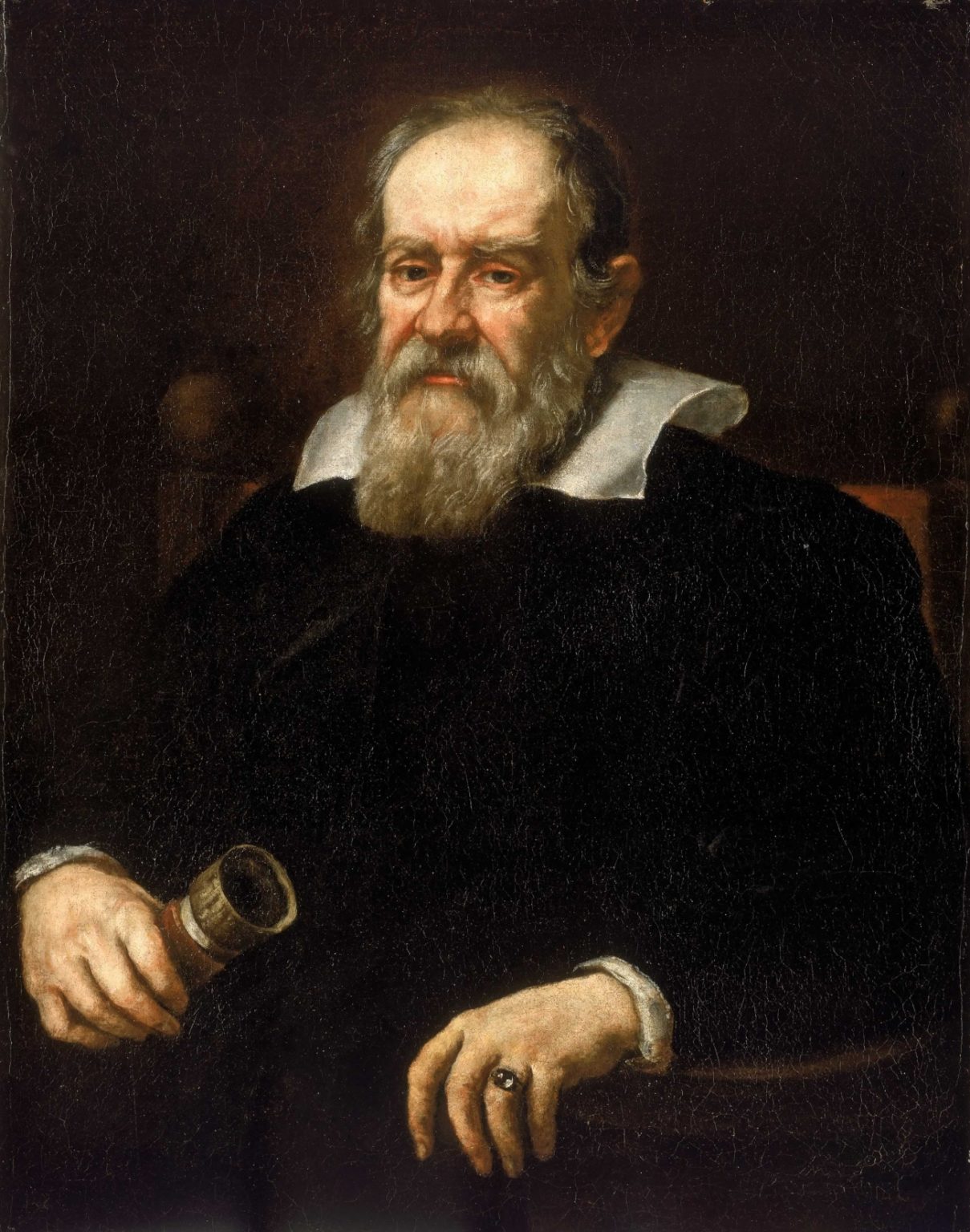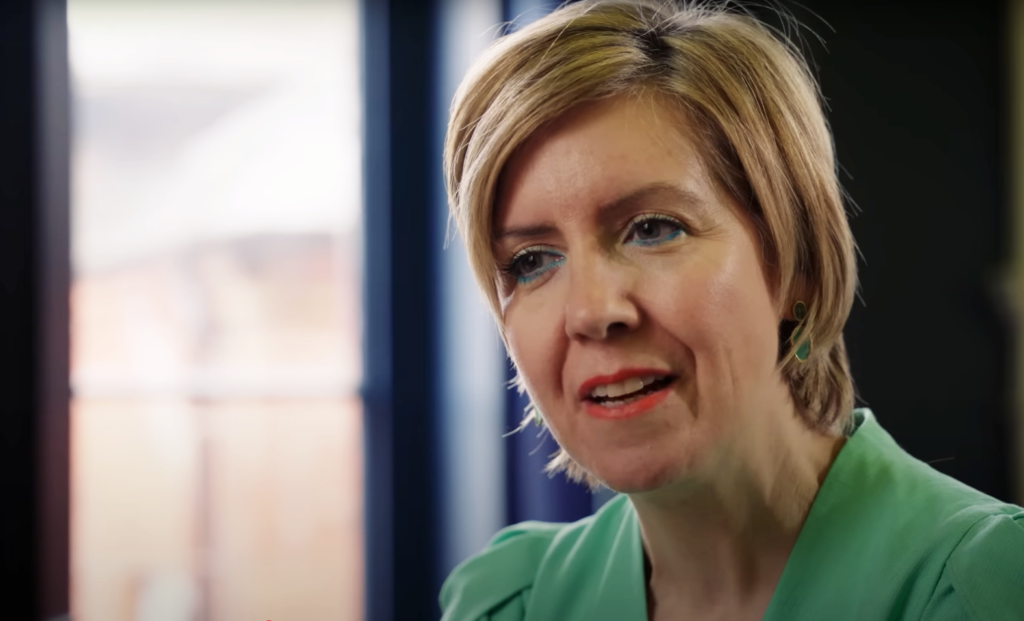By Stephan Lewandowsky, University of Bristol
The recently elected One Nation senator from Queensland, Australia, Malcolm Roberts, fervently rejects the established scientific fact that human greenhouse gas emissions cause climate change, invoking a fairly familiar trope of paranoid theories to propound this belief.
Roberts variously claims that the United Nations is trying to impose world government on us through climate policy, and that CSIRO and the Bureau of Meteorology are corrupt institutions that, one presumes, have fabricated the climate extremes that we increasingly observe all over the world.
In the world of Malcolm Roberts, these agencies are marionettes of a “cabal” of “the major banking families in the world”. Given the parallels with certain strands of anti-Jewish sentiment, it’s perhaps an unfortunate coincidence that Roberts has reportedly relied on a notorious Holocaust denier to support this theory.
It might be tempting to dismiss his utterances as conspiratorial ramblings. But they can teach us a great deal about the psychology of science denial. They also provide us with a broad spectrum of diagnostics to spot pseudoscience posing as science.
The necessity of conspiracism
First, the appeal to a conspiracy among scientists, bankers and governments is never just a slip of the tongue but a pervasive and necessary ingredient of the denial of well-established science. The tobacco industry referred to medical research on lung cancer as being conducted by an “oligopolistic cartel” that “manufactures alleged evidence”. Some people accuse the US Central Intelligence Agency (CIA) of creating and spreading AIDS, and much anti-vaccination content on the web is suffused with conspiratorial allegations of totalitarianism.
This conspiratorial mumbo jumbo inevitably arises when people deny facts that are supported by an overwhelming body of evidence and are no longer the subject of genuine debate in the scientific community, having already been tested thoroughly. As evidence mounts, there comes a point at which inconvenient scientific findings can only be explained away by recourse to huge, nebulous and nefarious agendas such as the World Government or Stalinism.
If you are addicted to nicotine but terrified of the effort required to give up smoking, it might be comforting instead to accuse medical researchers of being oligopolists (whatever that means).
Likewise, if you are a former coal miner, like Malcolm Roberts, it is perhaps easier to accuse climate scientists of colluding to create a world government (whatever that is) than to accept the need to take coal out of our economy.
There is now ample research showing the link between science denial and conspiracism. This link is supported by independent studies from around the world.
Indeed, the link is so established that conspiracist language is one of the best diagnostic tools you can use to spot pseudoscience and science denial.
The Galileo gambit
How else can science dissenters attempt to justify their contrarian position? Another tactic is to appeal to heroic historical dissenters, the usual hero of choice being Galileo Galilei, who overturned the orthodoxy that everything revolves around the Earth.
This appeal is so common in pseudoscientific quackery that it is known as the Galileo gambit. The essence of this argument is:
They laughed at Galileo, and he was right.
They laugh at me, therefore I am right.
A primary logical difficulty with this argument is that plenty of people are laughed at because their positions are absurd. Being dismissed by scientists doesn’t automatically entitle you to a Nobel Prize.
Another logical difficulty with this argument is that it implies that no scientific opinion can ever be valid unless it is rejected by the vast majority of scientists. Earth must be flat because no scientist other than a Googling Galileo in Gnowangerup says so. Tobacco must be good for you because only tobacco-industry operatives believe it. And climate change must be a hoax because only the heroic Malcolm Roberts and his Galileo Movement have seen through the conspiracy.
Yes, Senator-elect Roberts is the project leader of the Galileo Movement, which denies the scientific consensus on climate change, favouring instead the opinions of a pair of retired engineers and the radio personality Alan Jones.
Any invocation of Galileo’s name in the context of purported scientific dissent is a red flag that you’re being fed pseudoscience and denial.
The sounds of science
The rejection of well-established science is often couched in sciency-sounding terms. The word “evidence” has assumed a particular prominence in pseudoscientific circles, perhaps because it sounds respectable and evokes images of Hercule Poirot tenaciously investigating dastardly deeds.
Since being elected, Roberts has again aired his claim that there is “no empirical evidence” for climate change.
But “show us the evidence” has become the war cry of all forms of science denial, from anti-vaccination activists to creationists, despite the existence of abundant evidence already.
This co-opting of the language of science is a useful rhetorical device. Appealing to evidence (or a lack thereof) seems reasonable enough at first glance. Who wouldn’t want evidence, after all?
It is only once you know the genuine state of the science that such appeals are revealed to be specious. Literally thousands of peer-reviewed scientific articles and the national scientific academies of 80 countries support the pervasive scientific consensus on climate change. Or, as the environmental writer George Monbiot has put it:
It is hard to convey just how selective you have to be to dismiss the evidence for climate change. You must climb over a mountain of evidence to pick up a crumb: a crumb which then disintegrates in the palm of your hand. You must ignore an entire canon of science, the statements of the world’s most eminent scientific institutions and thousands of papers published in the foremost scientific journals.
Accordingly, my colleagues and I recently showed that in a blind test – the gold standard of experimental research – contrarian talking points about climate indicators were uniformly judged to be misleading and fraudulent by expert statisticians and data analysts.
Conspiracism, the Galileo gambit and the use of sciency-sounding language to mislead are the three principal characteristics of science denial. Whenever one or more of them is present, you can be confident you’re listening to a debate about politics or ideology, not science.
Stephan Lewandowsky is Chair of Cognitive Psychology at the University of Bristol . This article was originally published on The Conversation. Read the original article.
Main image: Justus Sustermans, Public Domain
Subscribe to our newsletter
Stay up to date with DeSmog news and alerts







